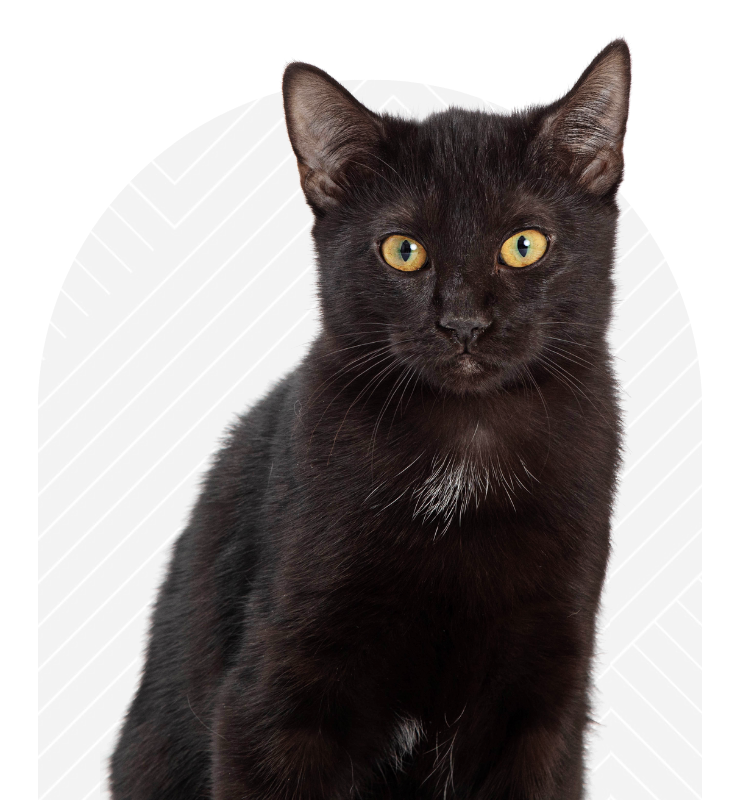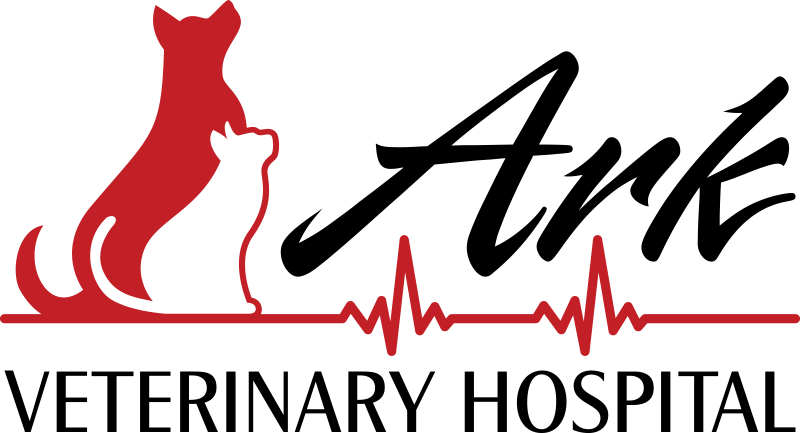
Pet allergy care in Wooster, OH

We can help your pet feel better.
For pets in our area allergies are a lot more prevalent than you may think. Symptoms from allergies can be long-term and effect many pets as well as their owners. There are several treatment options available that we can choose from to help get our patients the relief they need.
HOW WE CAN IMPROVE YOUR PET’S ALLERGY SYMPTOMS:
Treatments include oral, topical, or injectable medications . Some of these treatment options such as Apoquel® and Cytopoint® offer fast relief with little to no side effects. Another consideration is allergy-specific immunotherapy injections or sublingual (drops placed under the tongue) immunotherapy, which modifies the immune system and makes it more tolerant to any pollens or allergens that might be present. This selection gives us the ability to formulate a treatment plan that best fits our patients needs as well as their owners.
What are the signs of pet allergies?
- Hair loss
- Red, raw, and inflamed areas of skin
- Eye discharge
- Patches of scaly, flaky skin
- Odor caused by overgrowth of bacteria and/or yeast
- Head shaking and odor from the ears
- Vomiting/diarrhea (may indicate a food sensitivity)
What are common items that my pet could be allergic to?
- Pollen (ragweed, cottonwood, etc.)
- Mold spores
- Dust and dust mites
- Flea saliva (from flea bites)
- Grass
- Meat proteins in your pet’s food
- Food dyes
- Household cleaners
- Synthetic fabrics
- Fertilizers
What types of treatment is available for pet allergies?
We provide a variety of options for controlling your pet’s allergy symptoms, including:
- Anti-itch medication for the mouth
- An injected anti-itch drug
- Topical medication includes sprays, ointments, and other forms of medicine applied to the skin
- Antibiotics (for any existing illnesses)
- Hypoallergenic diet and snacks (for animals with food allergies)
